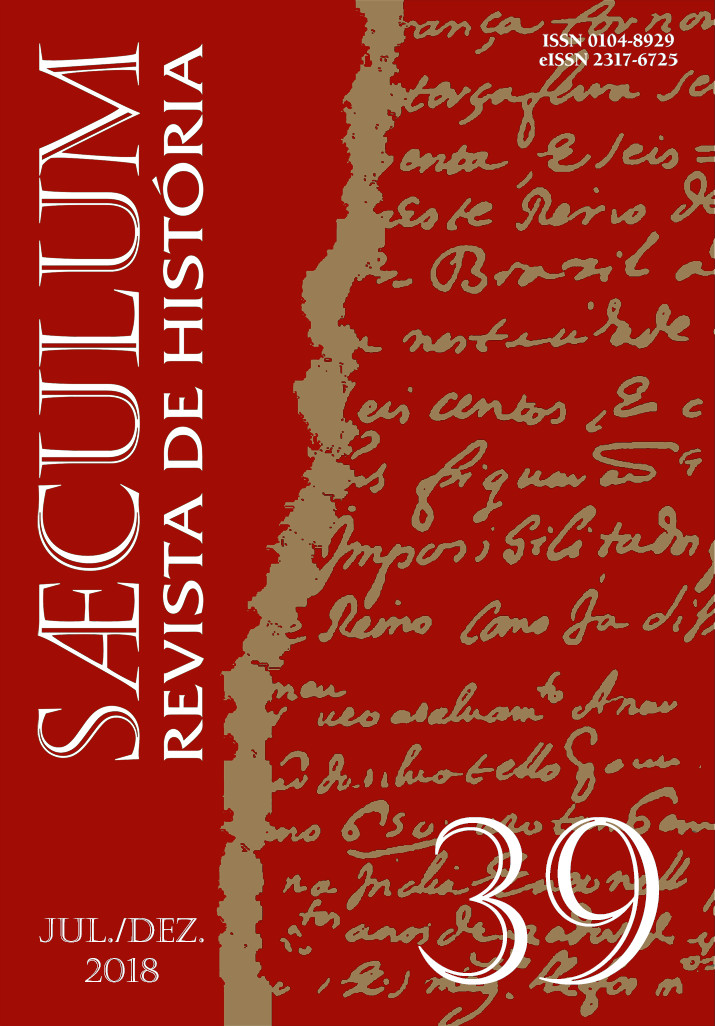Corpos narrados nas memórias das ditaduras do Cone Sul
DOI:
https://doi.org/10.22478/ufpb.2317-6725.2018v39n39.41419Keywords:
Bodies, Gender, Emotions, Southern Cone, DictatorshipsAbstract
This paper presents research results that focus on the use of gender and emotions in the rhetoric of resistance movements to dictatorships in the countries of the Southern Cone (Argentina, Bolivia, Brazil, Chile, Paraguay and Uruguay) from a perspective of Histoire Croisée. In interviews conducted in the research, as well as other sources such as periodicals, autobiographies and memoirs, statements to commissions, the bodies of political activists, male and female, are used to effect a shared experience with the public and to enhance empathy. This experience, according to Raymond Williams (1985), would be a particular kind of consciousness, distinct from "reason" or "knowledge," that is, a kind of consciousness in which emotions and affects must be taken into account. Gender also helps us to see important aspects of how men and women deal, differently or not, with these experiences. In addition to the experience, embodied in the one who narrates her body, as in that person who listens and who experiences in another way, often also embodied in tears, shivers, laughter, and other gestures, these narratives also have political agency.Downloads
Download data is not yet available.
Downloads
Published
2018-12-17
How to Cite
WOLFF, C. S. Corpos narrados nas memórias das ditaduras do Cone Sul. Saeculum, [S. l.], n. 39 (jul./dez.), p. 267–278, 2018. DOI: 10.22478/ufpb.2317-6725.2018v39n39.41419. Disponível em: https://periodicos.ufpb.br/index.php/srh/article/view/41419. Acesso em: 15 jan. 2025.
Issue
Section
Dossiê: As ditaduras militares no Brasil e no Cone Sul: História, Historiografia e Memória
License
Copyright (c) 2018 Sæculum – Revista de História

This work is licensed under a Creative Commons Attribution-NonCommercial 4.0 International License.
A revista Sæculum permite aos autores a manutenção dos direitos autorais pelo seu trabalho, no entanto eles devem repassar direitos de primeira publicação ao periódico.











